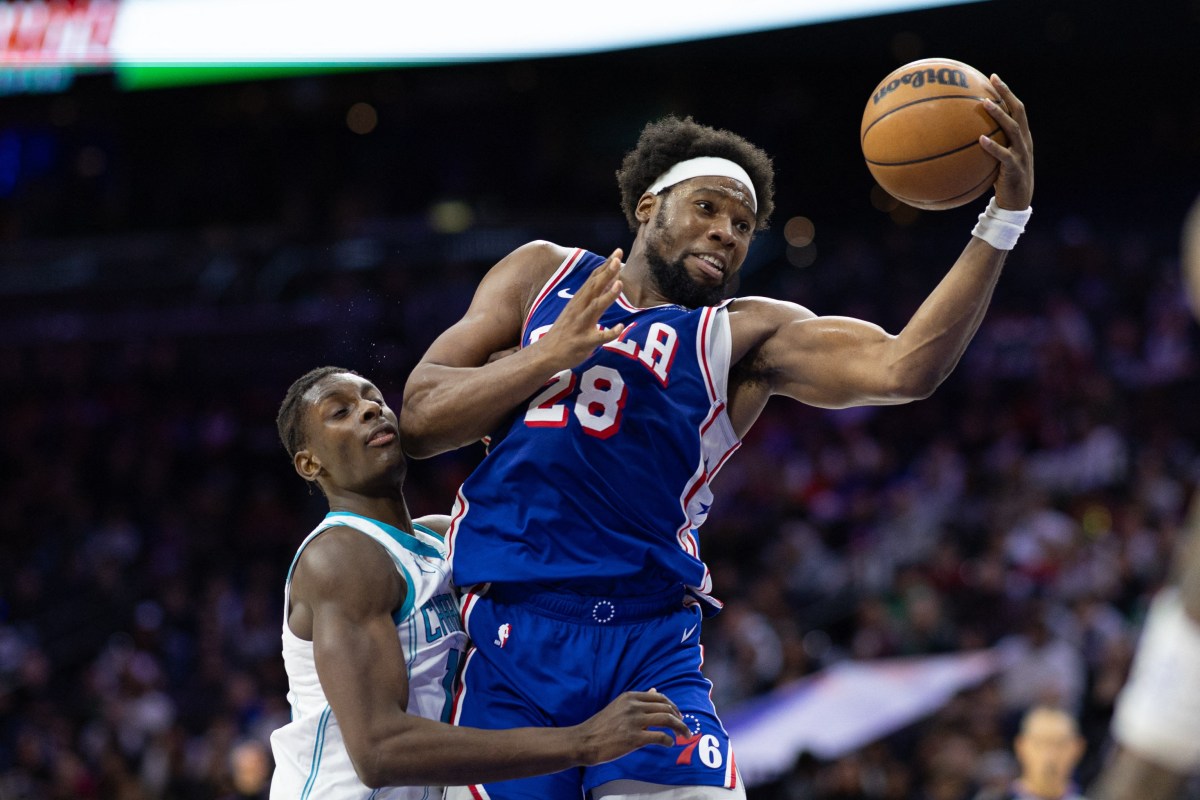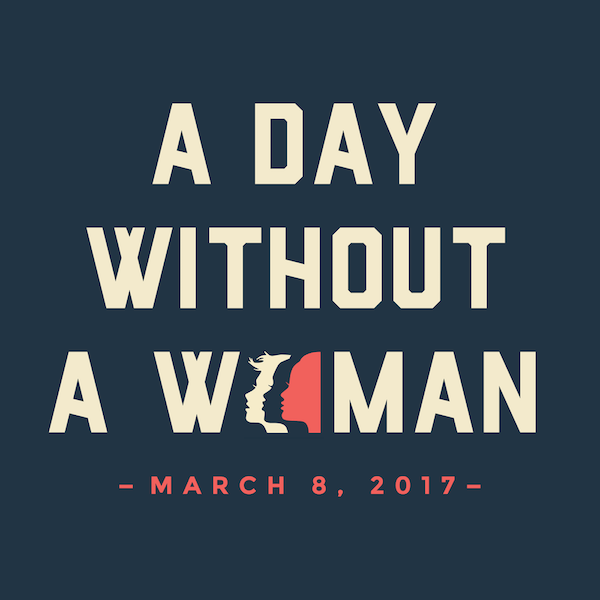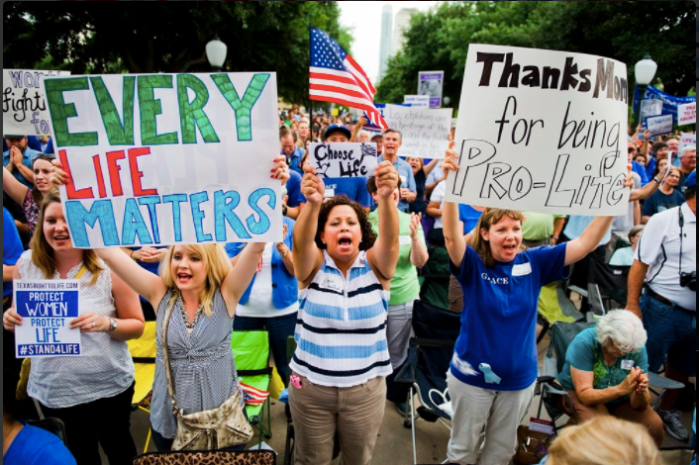Aminata Jaiteh became interested in computers at an early age.
“Not just your typical playing games, but I was genuinely interested in how a computer functions,” the 17-year-old student at Manhattan/Hunter Science High School told Metro. “I wanted to know what it took to make an app, how the creators get all the details and graphics in their app or website.”
Jaiteh got her chance to see those inner workings first-hand thanks to Girls Who Code’s Summer Immersion Program with partner Accenture.
“Their initiative to empower young women to learn and love to code at a young age inspires me to keep coding,” said Jaiteh, who plans to major in computer science in college and hopes to work for a tech company like Google, Facebook or Amazon one day.
Jaiteh will join female students in the Bronx Wednesday, when Accenture and Girls Who Code donates 1,000 copies of the best-selling book “Learn to Code and Change the World” to District 7. Attendees will participate in coding activities and hear from mentors in the field.
“I want to hear their stories and know why they are interested in wanting to or learning how to code,” Jaiteh said of her fellow attendees. “This program not only taught me how to code, but how to interact with other people and build relationships.”
Turning girls who code into women who code
It’s no secret tech is among the most male-dominated industries, and that gap has only widened since 1995, when woman made up about 40 percent of the workforce. Today, that number is less than 25 percent.
“The role model or vision of who a computer science person is has probably evolved, and it’s not females — it’s guys in their basement in a hoodie,” said Lynn McMahon, managing director of Accenture’s New York Metro office.
In order to change that tide once and for all, it’s about timing. “We believe intervention needs to come in junior high, where they’re actually starting to formulate ideas of who they can be,” McMahon said.
By yearend, Girls Who Code will reach 40,000 girls in all 50 states, and their participation is what founder and CEO Reshma Saujani is most proud of.
“I feel confident that with our work, and if we continue to grow, we’re going to make sure that there is no innovation that’s left behind,” she said. “We teach more than just coding, we teach bravery and resiliency.”
In such a male-dominated field, especially in the wake of #MeToo and near-daily headlines about sexual harassment, those latter lessons sadly may come in handy.
“We talk a lot about culture and what to expect and part of it is exposing girls to one another, so they can share and uplift each other and bear witness,” Saujani said. “We’re hearing women’s collective roar. Women are just fed up about it, and they’re using their voice to draw attention to something that’s been happening forever.
“I think our girls knew this and know this, and it’s not going to change until we infiltrate — that’s how we change,” she added.
























